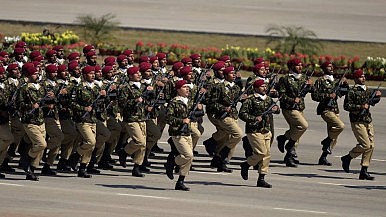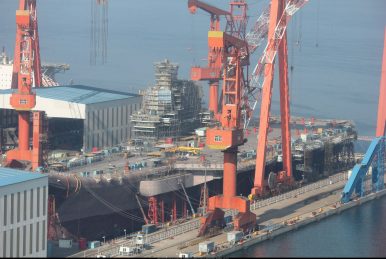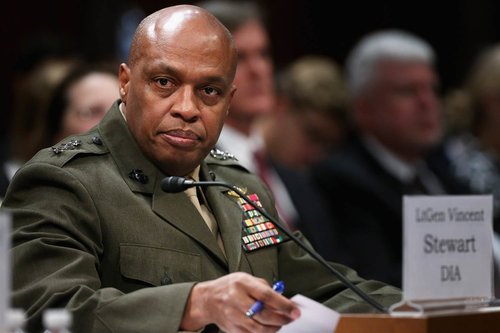Q1: What caused the sudden arrest of dozens of Saudi Arabia’s most powerful individuals?
A1: These individuals were swept up by an anticorruption commission that King Salman had created merely hours before the arrests. Reports claim that the arrested include some of the most important economic actors in Saudi Arabia. Prince Alwaleed bin Talal, the world’s most prominent Saudi investor, has gotten a great deal of attention, but the sweep included other billionaires, senior royals from other branches of the family, and technocrats who began guiding Saudi Arabia’s economic reform program under King Abdullah. These include Adel Fakieh, who served as minister of labor before becoming minister of economy and planning, and Ibrahim al-Assaf, who was minister of finance. While businesspeople in Saudi Arabia complain about the problems of corruption, and some of it involves granting special favors to the royal family, the pattern of these arrests suggest that they were intended to consolidate power and loyalty behind Crown Prince Mohammed and his ambitious plans to move the kingdom forward economically and socially. The arrests of two of the late King Abdullah’s sons, Prince Miteb and Prince Turki, suggest a strategic political calculus. Miteb commanded the National Guard, which was an armed force separate from the army to protect the royal family and could have blocked some of Mohammed’s moves against the family; Turki was governor of Riyadh, which gave him a political role building support among royals, a job King Salman himself used to great effect for decades.
 For nearly a century, Saudi Arabia has been ruled by the elders of a royal family that now finds itself effectively controlled by a 32-year-old crown prince, Mohammad bin Salman. He helms the Defense Ministry, he has extravagant plans for economic development, and last week arranged for the arrest of some of the most powerful ministers and princes in the country. A day before the arrests were announced, Houthi tribesmen in Yemen but allied with Iran, Saudi Arabia’s regional rival, fired a ballistic missile at Riyadh. The Saudis claim the missile came from Iran and that its firing might be considered “an act of war.”
For nearly a century, Saudi Arabia has been ruled by the elders of a royal family that now finds itself effectively controlled by a 32-year-old crown prince, Mohammad bin Salman. He helms the Defense Ministry, he has extravagant plans for economic development, and last week arranged for the arrest of some of the most powerful ministers and princes in the country. A day before the arrests were announced, Houthi tribesmen in Yemen but allied with Iran, Saudi Arabia’s regional rival, fired a ballistic missile at Riyadh. The Saudis claim the missile came from Iran and that its firing might be considered “an act of war.”







/arc-anglerfish-arc2-prod-mco.s3.amazonaws.com/public/3BHRSIVQTJBMPNBA67H3SQ4F7M.jpg)


/arc-anglerfish-arc2-prod-mco.s3.amazonaws.com/public/WZSYZKR35JDG5AIU5XWG2XGNLM.jpg)

/arc-anglerfish-arc2-prod-mco.s3.amazonaws.com/public/XBA6PYEC2JEEBN6CP522CDWC34.JPG)
